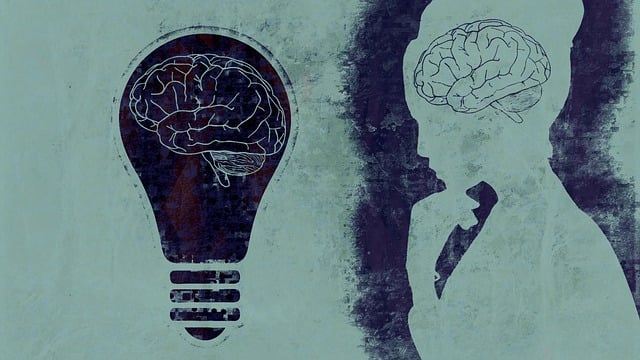Emotional intelligence (EI), crucial for communication and relationship building, is assessed and enhanced by Westminster Psychological Testing Therapy. Through specialized assessment tools, individuals uncover emotional strengths and weaknesses, leading to improved stress management, conflict resolution, and connections in personal and professional settings. Empathy, a key EI component, is vital for mental health policy analysis and advocacy. Westminster's feedback-driven therapy improves emotional responses, enhances interpersonal relationships, and promotes self-care practices, reducing burnout risk, especially in high-stress professions. Building EI requires dedicated practice, such as mindfulness exercises and active listening, which can be popularized through platforms like a Mental Wellness Podcast Series.
Emotional intelligence (EQ) is a powerful tool for personal growth and successful relationships. This article explores the intricate facets of EQ, beginning with an understanding of its core components: self-awareness and empathy. We delve into the role of Westminster Psychological Testing as a valuable resource for measuring and enhancing EQ through evidence-based therapy techniques. Additionally, practical strategies are provided to help cultivate emotional intelligence in daily life, enabling readers to navigate relationships and challenges with increased insight and compassion.
- Understanding Emotional Intelligence: Unlocking the Power of Self-Awareness and Empathy
- The Role of Westminster Psychological Testing in Measuring and Enhancing EQ
- Strategies for Daily Practice: Cultivating Emotional Intelligence in Everyday Life
Understanding Emotional Intelligence: Unlocking the Power of Self-Awareness and Empathy

Emotional intelligence (EI) is a powerful concept that enables individuals to understand and manage their own emotions while empathetically recognizing and responding to others’ feelings. This skill set, often referred to as emotional awareness, is the cornerstone of effective communication and robust relationships. At its core, EI involves recognizing when you’re feeling a certain way, understanding why, and using that knowledge to guide your thoughts and actions constructively.
Westminster Psychological Testing Therapy offers valuable insights into EI through various assessment tools that help individuals uncover their emotional strengths and weaknesses. By enhancing self-awareness, individuals can develop strategies for stress reduction methods, navigate complex situations with improved conflict resolution techniques, and foster better connections in personal and professional settings. Moreover, empathy, a key component of EI, forms the basis for effective mental health policy analysis and advocacy, promoting understanding and support for diverse emotional experiences.
The Role of Westminster Psychological Testing in Measuring and Enhancing EQ

Westminster Psychological Testing offers valuable tools to measure and enhance emotional intelligence (EQ). Their assessments provide insights into an individual’s emotional awareness, social skills, and self-regulation abilities—crucial aspects of EQ. These tests help identify strengths and areas for improvement, enabling tailored strategies for development.
Through therapy and personalized feedback, individuals can refine their emotional responses, improve interpersonal interactions, and cultivate better self-care routines for enhanced mental health. This process is particularly beneficial in high-pressure fields like healthcare, where burnout prevention strategies are essential. By addressing emotional intelligence, Westminster Psychological Testing contributes to effective stress management, fostering resilience and overall well-being.
Strategies for Daily Practice: Cultivating Emotional Intelligence in Everyday Life

Building emotional intelligence is a journey that requires consistent practice and commitment. Incorporating strategies into your daily routine can significantly enhance your ability to understand and manage emotions, both your own and others’. Start by practicing mindfulness; take a few moments each day to observe your feelings and thoughts without judgment. This simple act of awareness can help you recognize emotional triggers and develop healthier responses.
Engaging in active listening is another powerful tool. During conversations, focus on what the other person is saying, both verbally and non-verbally. Show genuine interest by paraphrasing their sentiments and asking thoughtful questions. This not only deepens connections but also strengthens your empathy building strategies. Consider incorporating these practices into your Mental Wellness Podcast Series Production for a wider impact, as shared insights can inspire others to embark on their emotional intelligence journey alongside you.
Emotional intelligence is a powerful tool for personal growth, enhancing relationships, and improving overall well-being. By understanding self-awareness and empathy through the lens of Westminster Psychological Testing, individuals can unlock their emotional potential. Integrating strategies from daily practice into everyday life fosters a deeper connection with oneself and others, making it easier to navigate challenges and build stronger, more meaningful connections. Whether seeking personal development or professional success, investing in emotional intelligence is a game-changer, and Westminster Psychological Testing Therapy offers valuable guidance on this path.













